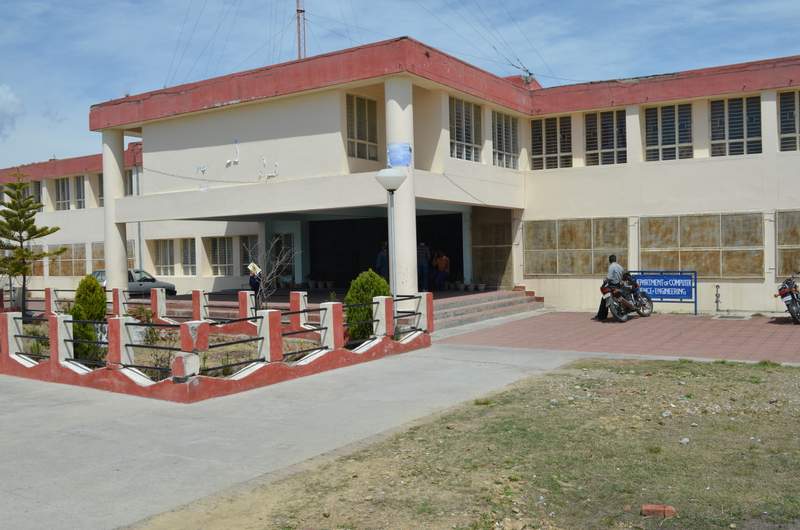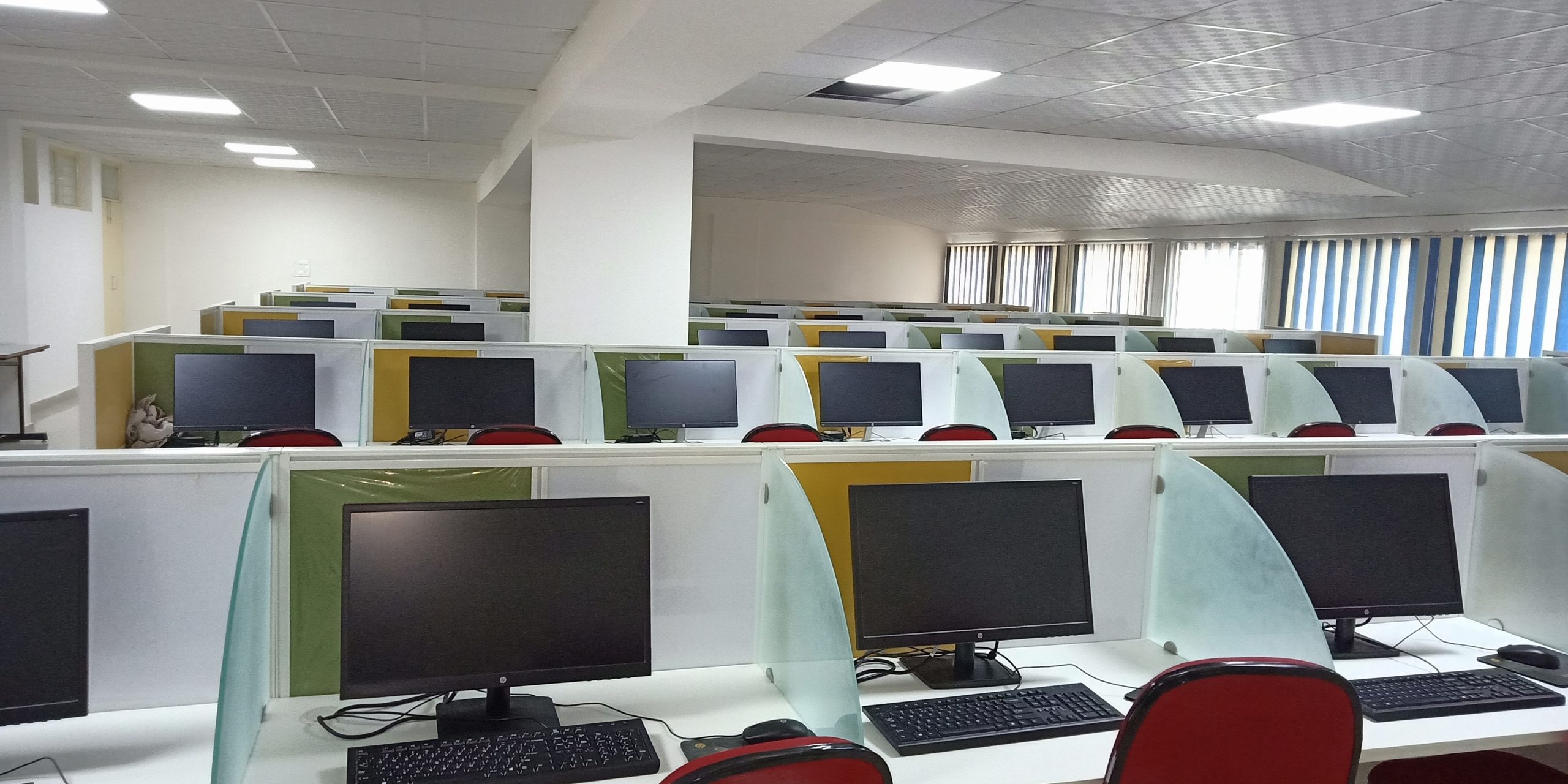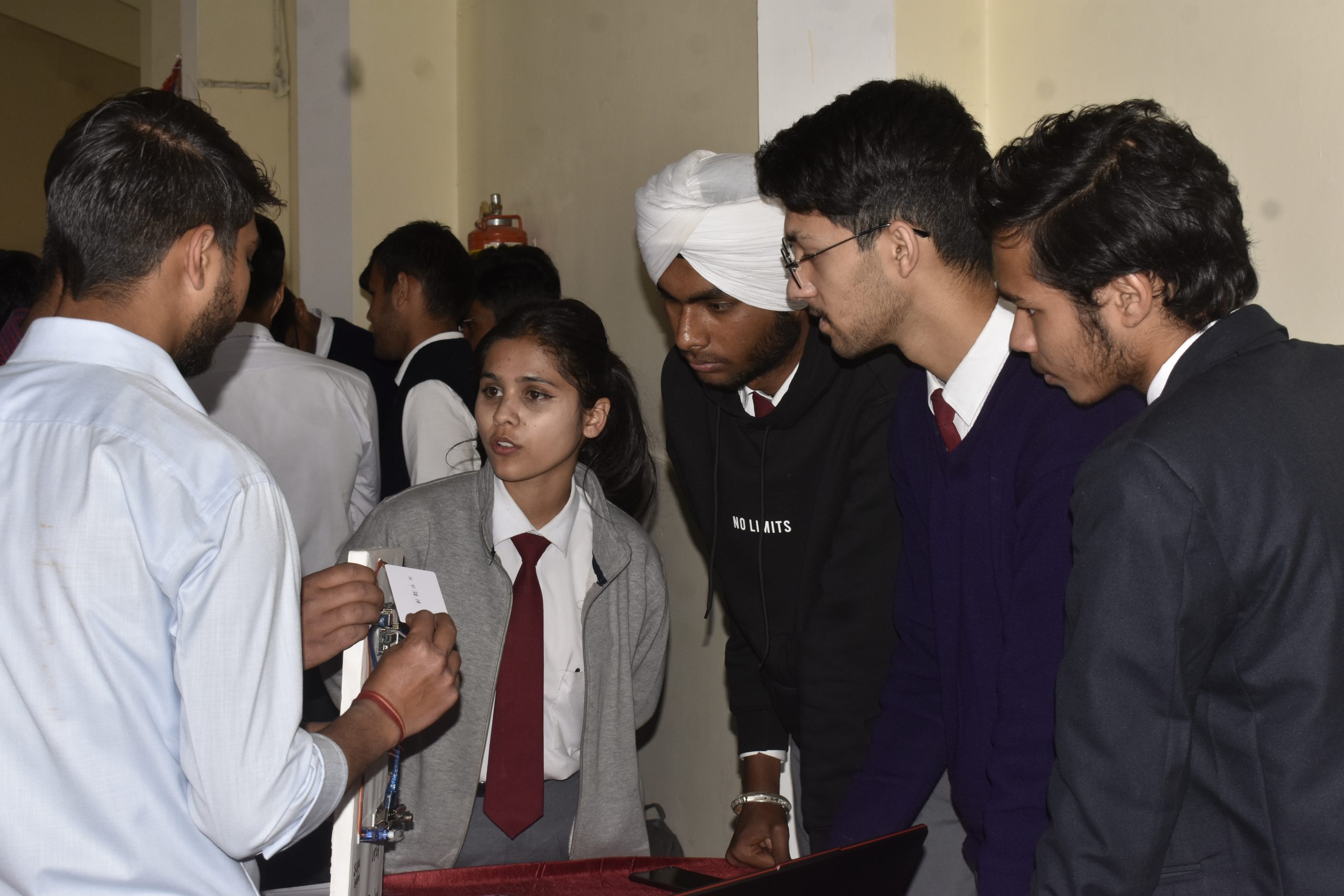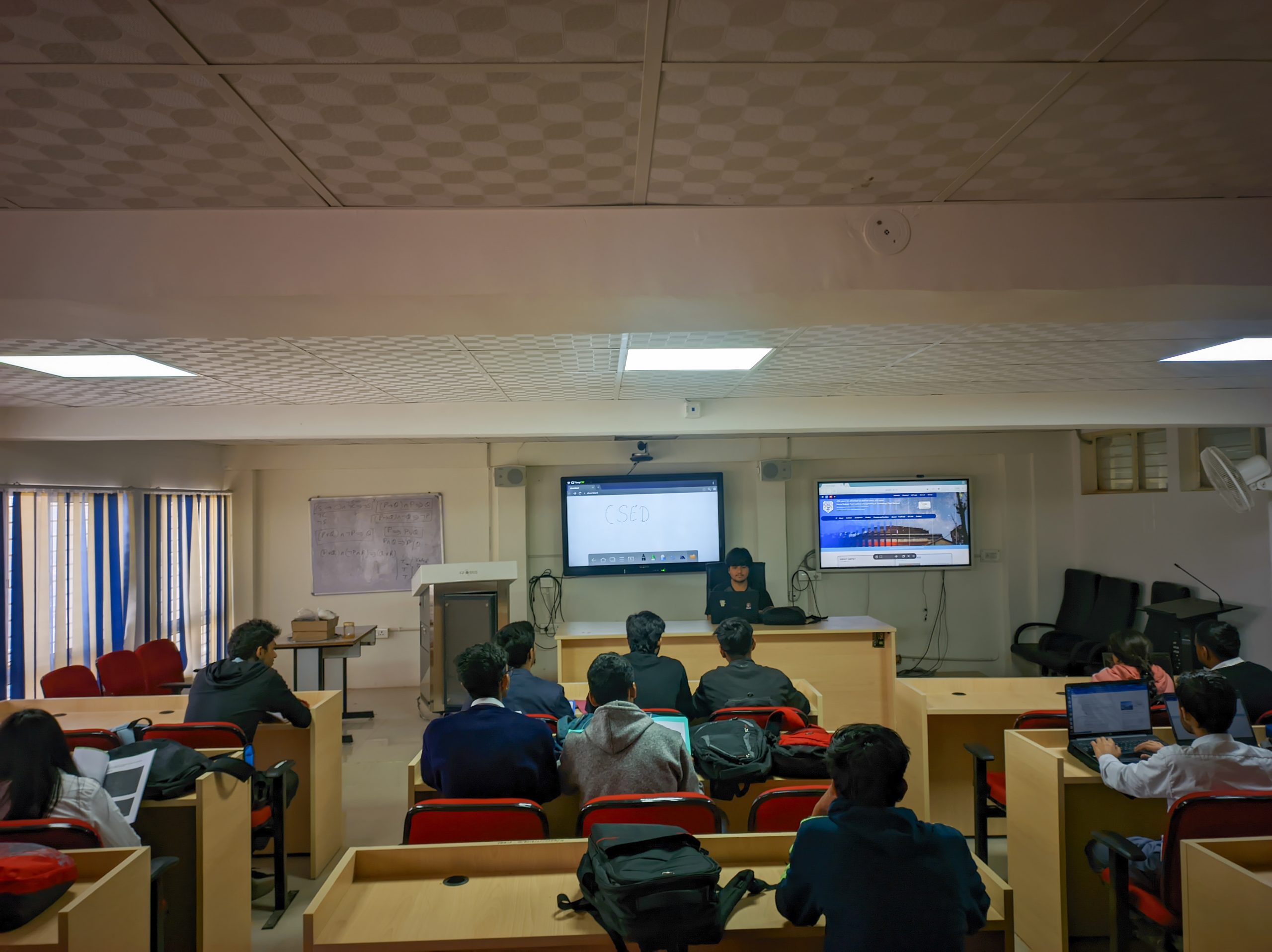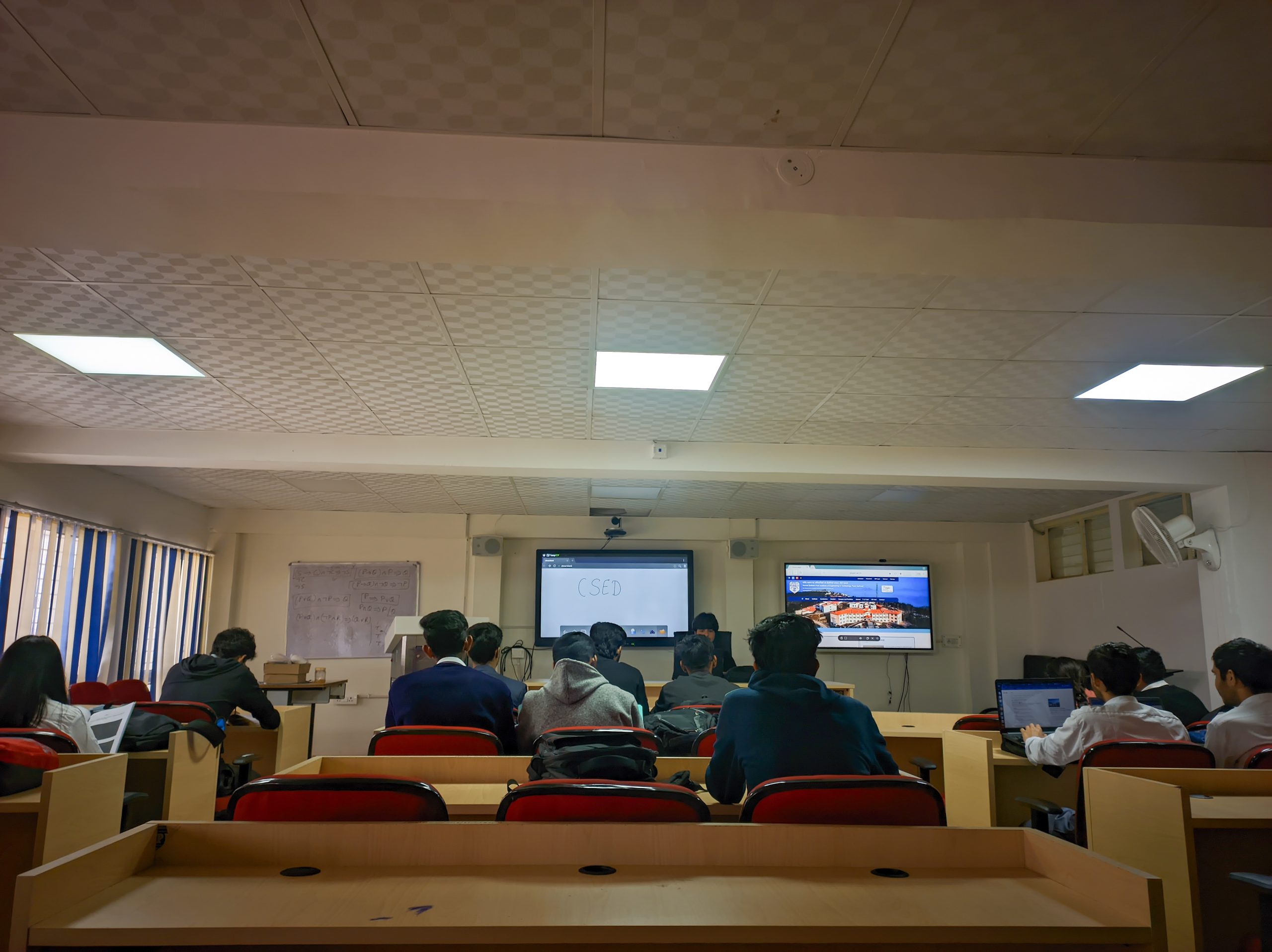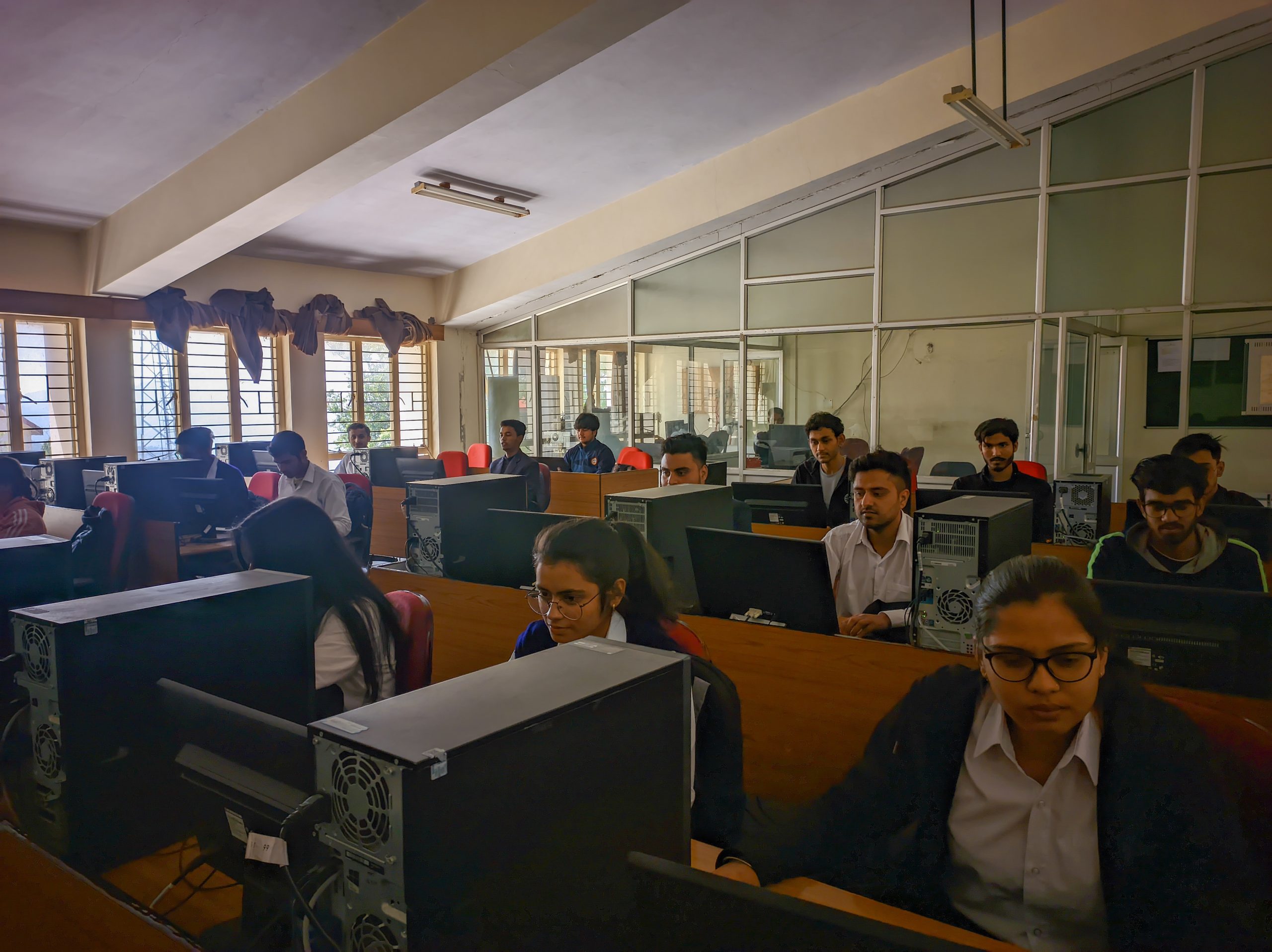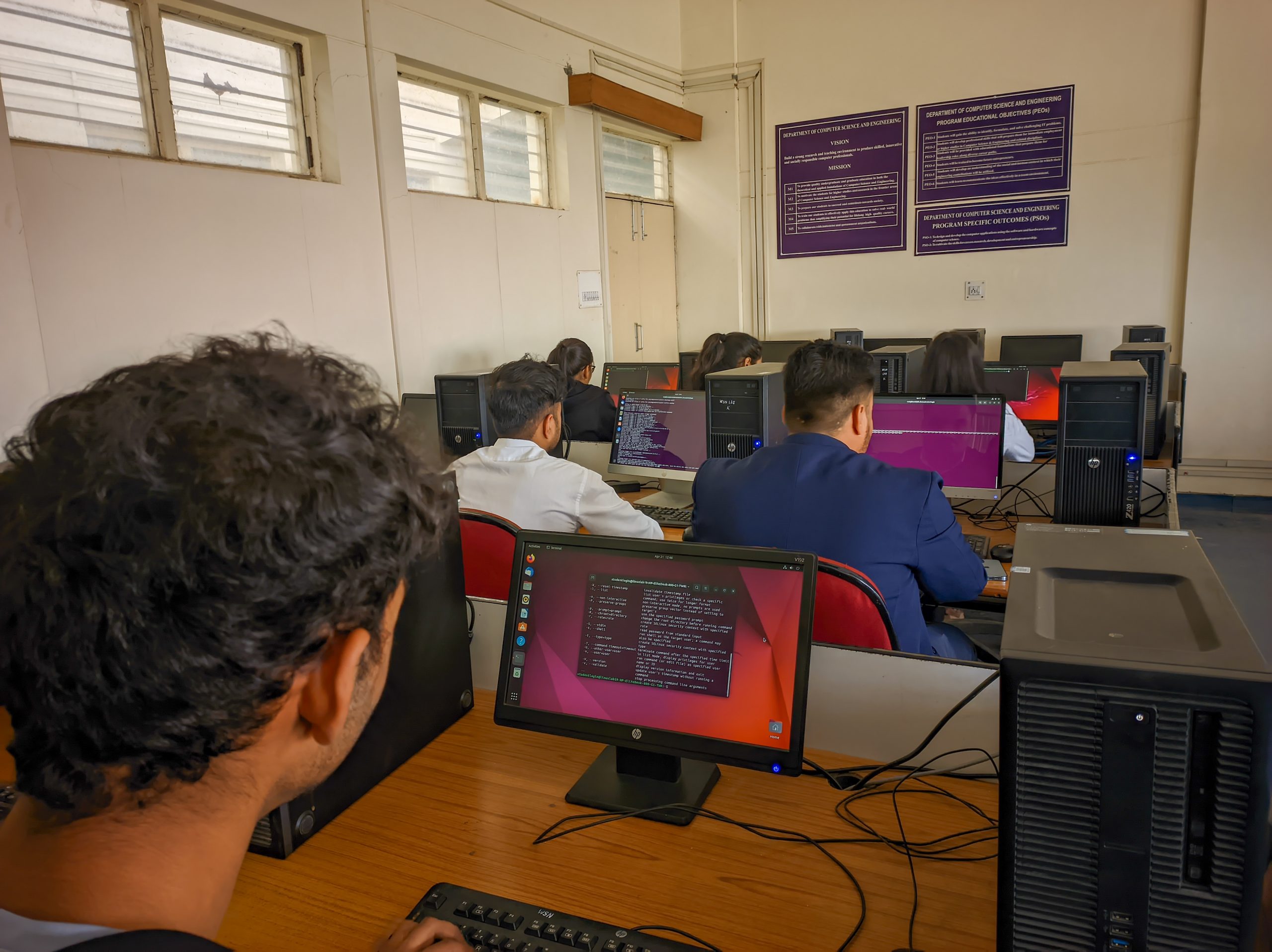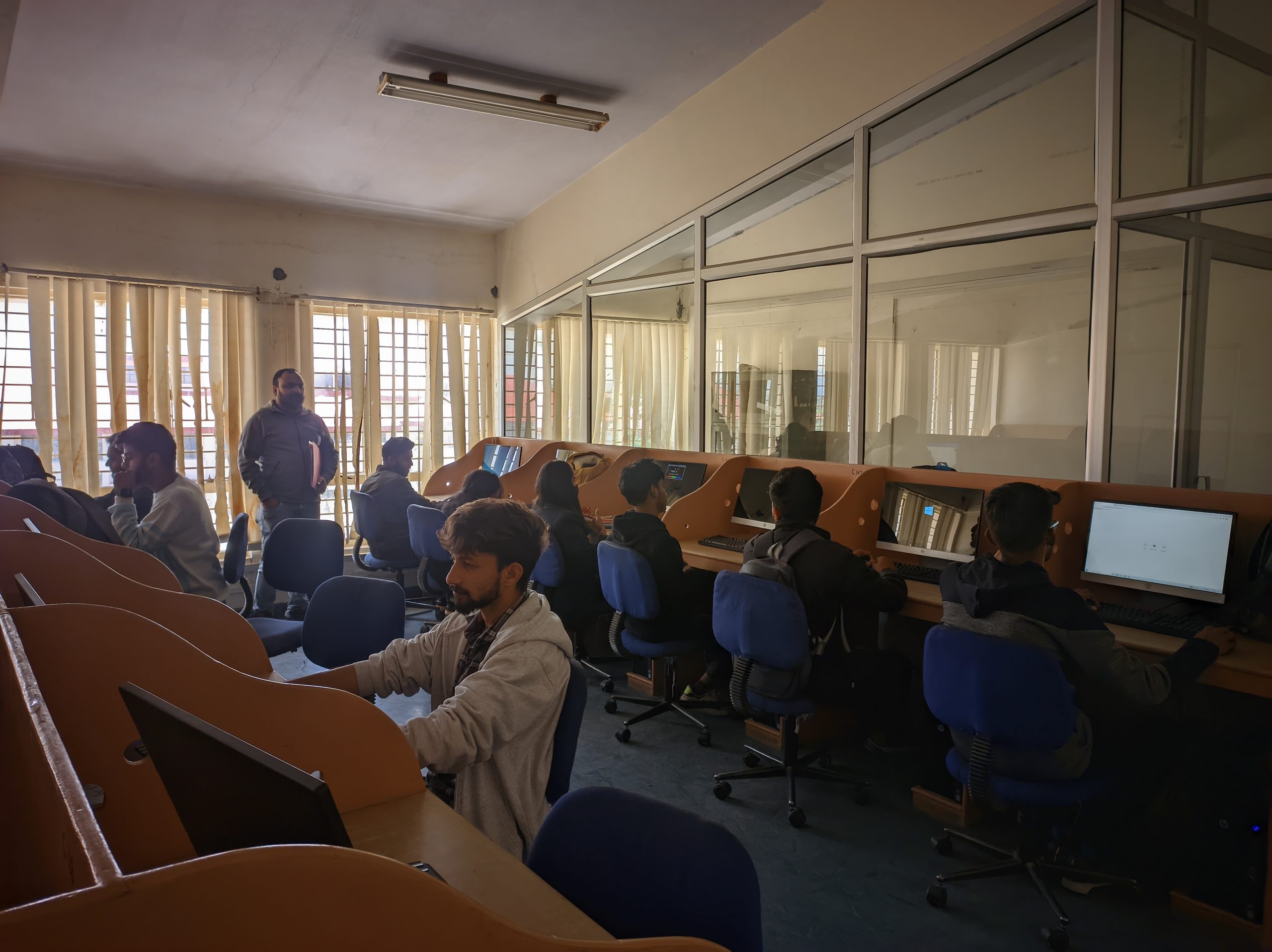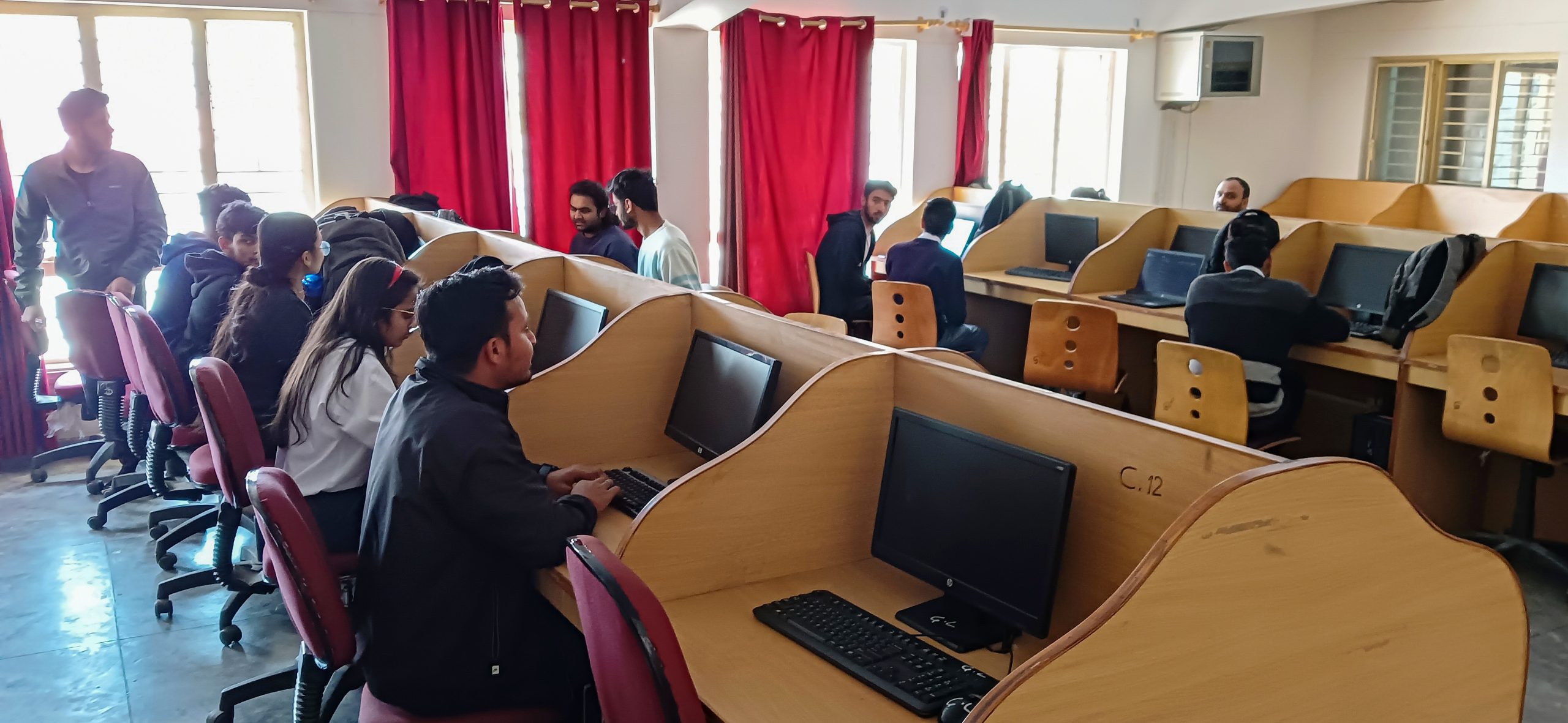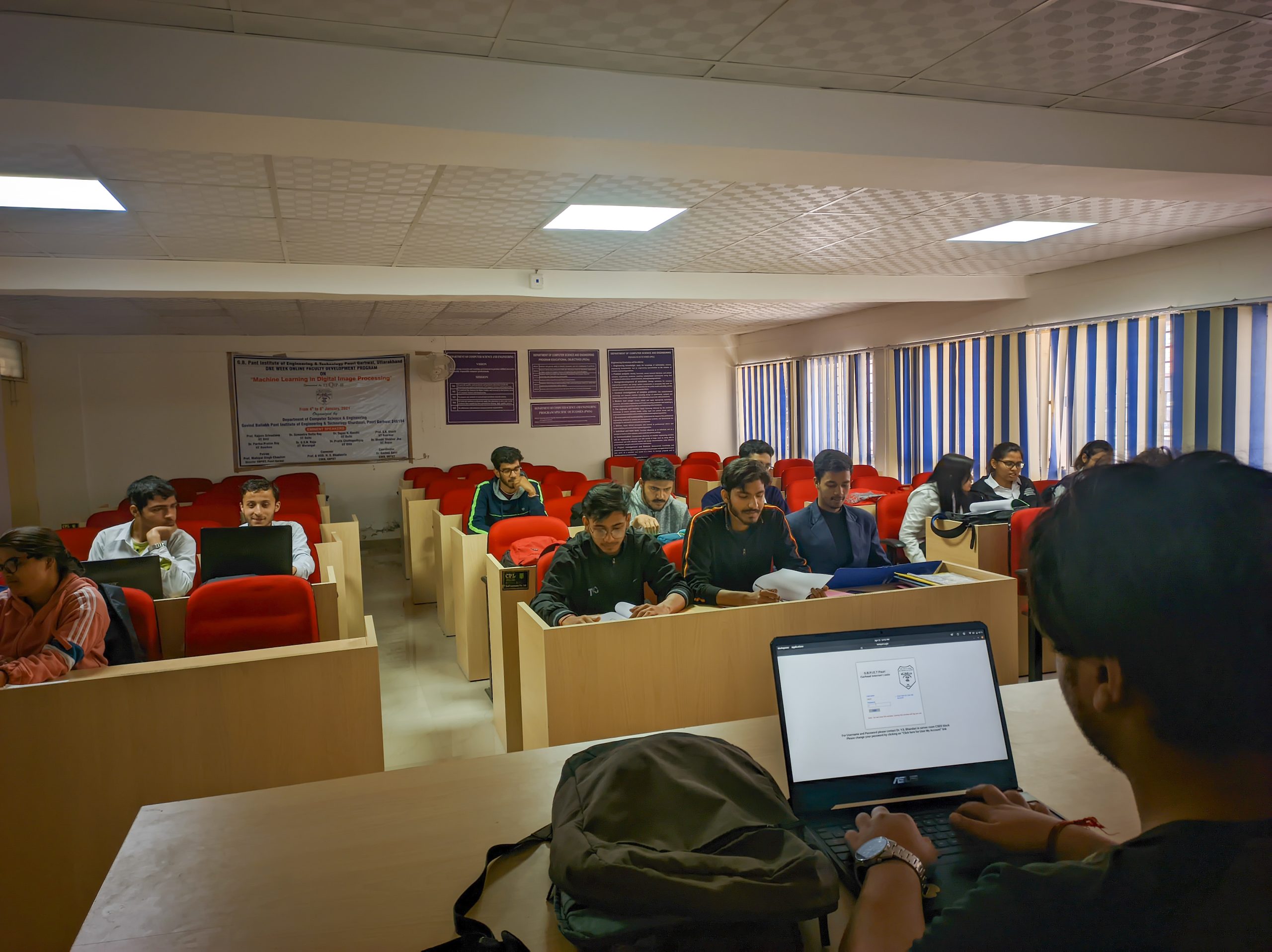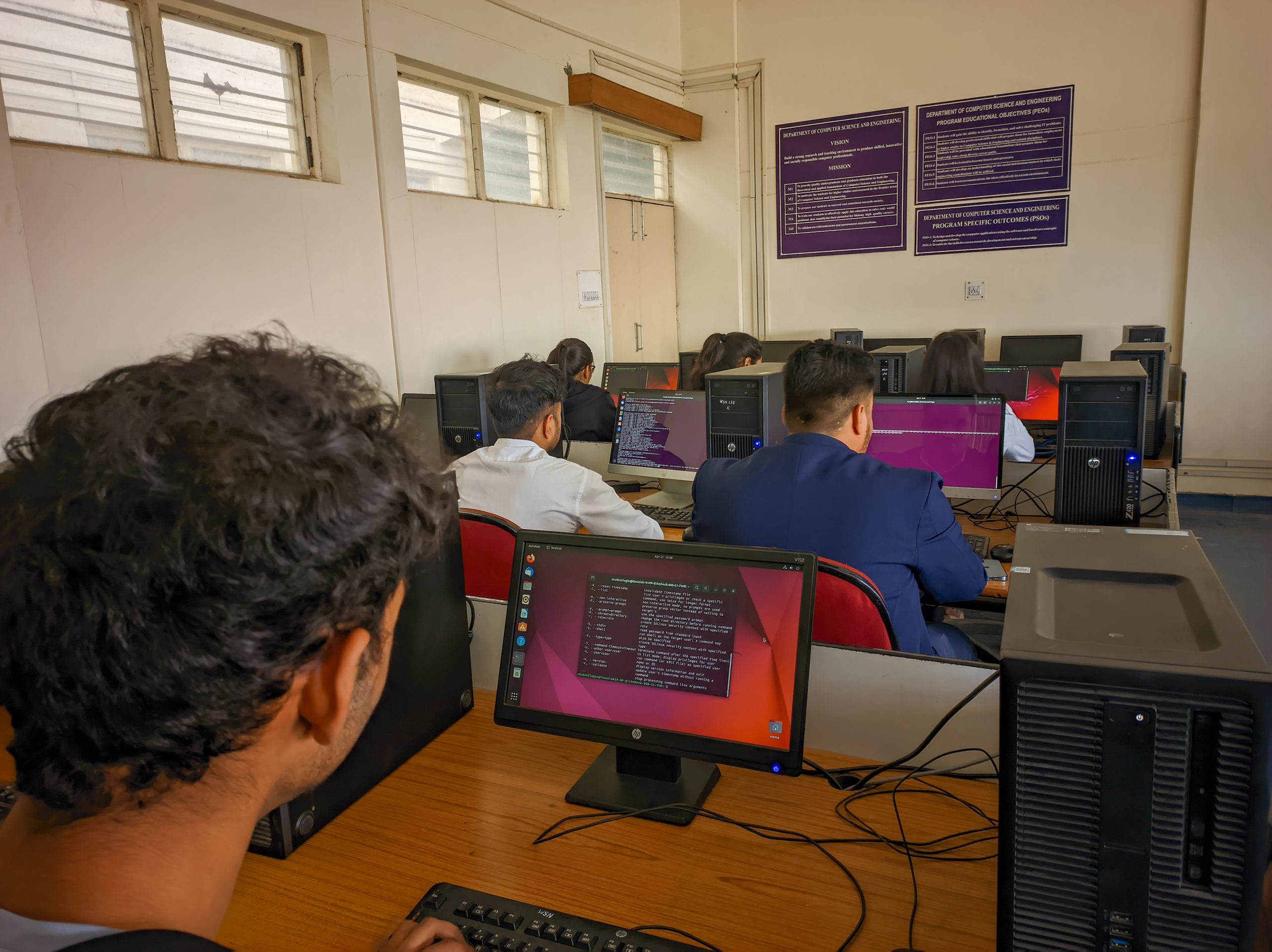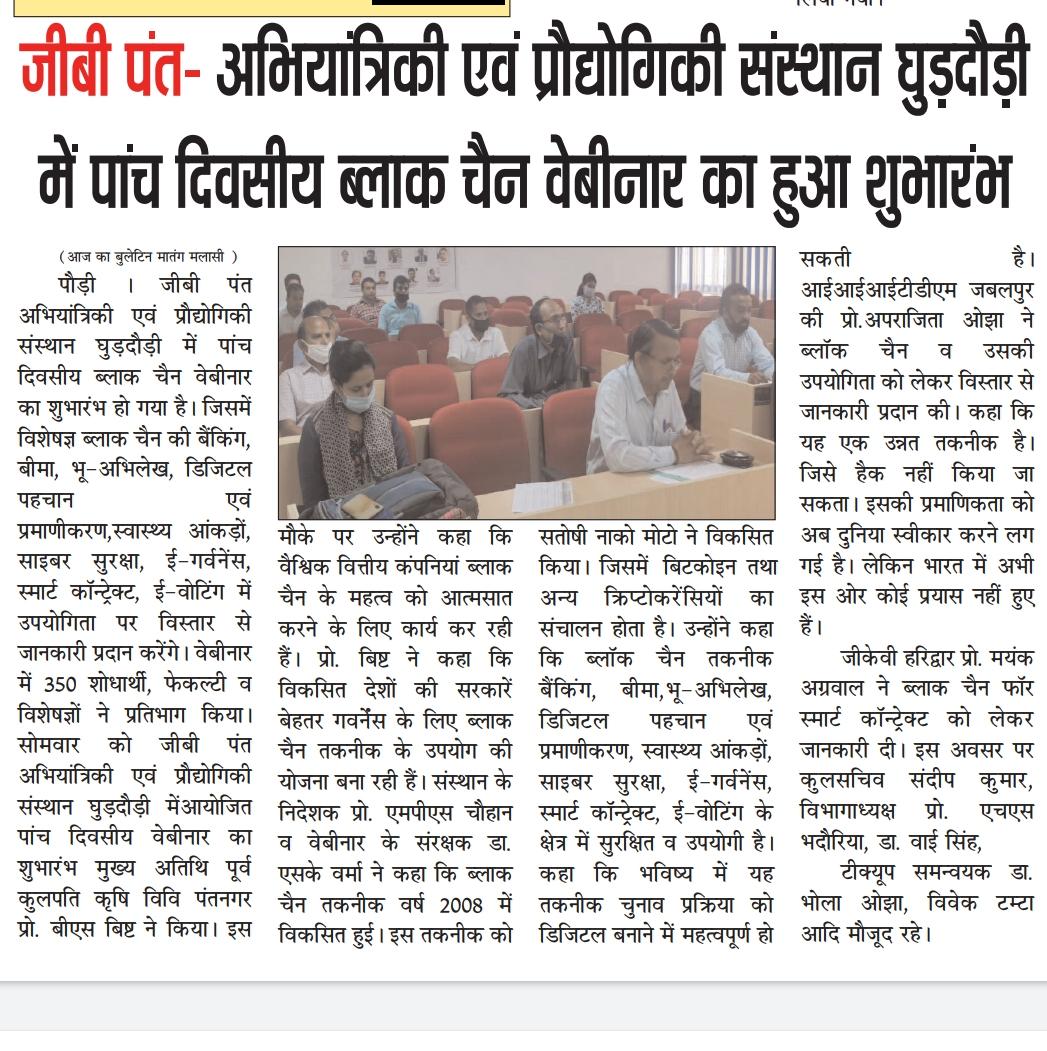COMPUTER SCIENCE & ENGINEERING
The department of Computer Science and Engineering was established in the year 1992, has come out a long way on the frontier lines of software research and development. The department keeps itself in pace with the IT changes and regularly updates its laboratories with the latest computing facilities, licensed software and IT infrastructures to give exposure to the students to the state of the art technologies.
Presently, Department offers Bachelor’s degree in Computer Science & Engineering and Computer Science & Engineering (Artificial Intelligence and Machine Learning) with an intake of 60 students each. The Department has also started Master’s degree program in Computer Science & Engineering in 2010 with intake of 18 students. The PhD program has been offered since 2013 and there are in all 14 PhD scholars registered currently in the various research areas such as mobile computing, digital image processing, ad-hoc networks, etc.
The curriculum has been designed keeping in view industrial and research needs, as well as the rapid development in the IT industry. Induction of new courses from time to time enables the students to keep updated with recent technological developments
Computer Science & Engineering Department is actively involved in organizing workshops, seminars, conferences, training programmes for the benefit of students, faculty and other members of the society. Several eminent experts are invited to deliver lectures to the students and faculty. Such interaction with the eminent experts gives us further opportunities to share knowledge and work on collaborative projects.
Contact Information
-
DR. BHUMIKA GUPTA
Head, Department of Computer Science & Engineering
G. B. Pant Institute of Engineering and Technology, Pauri Garhwal - 8126019360
- mail2bhumikagupta@gmail.com
Vision
Build a strong research and teaching environment to produce skilled, innovative and socially responsible computer professionals.
Mission
- To provide quality undergraduate and graduate education in both the theoretical and applied foundations of Computer Science and Engineering.
- To motivate the students for higher studies and research in the frontier areas of Computer Science and Engineering.
- To prepare our students to succeed and contribute towards society.
- To train our students to effectively apply this education to solve real-world problems thus amplifying their potential for lifelong high-quality careers.
- To collaborate with industries and government organizations.
PROGRAM EDUCATIONAL OBJECTIVES (PEOs)
A graduate of the Computer Science and Engineering Program should:
- Students will gain the ability to identify, formulate, and solve challenging IT problems.
- Students will develop professional skills that will prepare them for immediate employment or higher studies in Computer Science & Engineering and related disciplines.
- Students will be provided with educational foundations that prepare them for leadership roles along diverse career paths.
- Students will be trained to become future entrepreneurs.
- Students will develop an understanding of the social and human context in which their engineering contributions will be utilized.
- Students will learn to communicate the ideas effectively in a team environment.
PROGRAM OUTCOMES (PO's)
A graduate of the Computer Science and Engineering Program will demonstrate:
- Engineering Knowledge: Apply the knowledge of mathematics, science, engineering fundamentals, and an engineering specialization to the solution of complex engineering problems.
- Problem Analysis: Identify, formulate, review research literature, and analyze complex engineering problems reaching substantiated conclusions using first principles of mathematics, natural sciences, and engineering sciences.
- Design/Development of Solutions: Design solutions for complex engineering problems and design system components or processes that meet the specified needs with appropriate consideration for the public health and safety, and the cultural, societal, and environmental considerations.
- Conduct Investigations of Complex Problems: Use research-based knowledge and research methods including design of experiments, analysis and interpretation of data, and synthesis of the information to provide valid conclusions.
- Modern Tool Usage: Create, select, and apply appropriate techniques, resources, and modern engineering and IT tools including prediction and modeling to complex engineering activities with an understanding of the limitations.
- The Engineer and Society: Apply reasoning informed by the contextual knowledge to assess societal, health, safety, legal and cultural issues and the consequent responsibilities relevant to the professional engineering practice.
- Environment and Sustainability: Understand the impact of the professional engineering solutions in societal and environmental contexts, and demonstrate the knowledge of, and need for sustainable development.
- Ethics: Apply ethical principles and commit to professional ethics and responsibilities and norms of the engineering practice.
- Individual and Teamwork: Function effectively as an individual, and as a member or leader in diverse teams, and in multidisciplinary settings.
- Communication: Communicate effectively on complex engineering activities with the engineering community and with society at large, such as, being able to comprehend and write effective reports and design documentation, make effective presentations, and give and receive clear instructions.
- Project Management and Finance: Demonstrate knowledge and understanding of the engineering and management principles and apply these to one’s own work, as a member and leader in a team, to manage projects and in multidisciplinary environments.
- Life-long Learning: Recognize the need for, and have the preparation and ability to engage in independent and life-long learning in the broadest context of technological change.
PROGRAM SPECIFIC OUTCOMES (PSO's)
A graduate of the Computer Science and Engineering Program will demonstrate:
- To design and develop the computer applications using the software and hardware concepts of the computer science.
- To cultivate the skills for career, research, development and entrepreneurship.
Curricula and Syllabi
Computer Science & Engineering
- B.Tech. CSE Scheme and Syllabus 2021-22
- B.Tech. CSE Scheme and Syllabus 2020-21
- B.Tech. CSE Scheme and Syllabus 2018-19
- B.Tech. CSE Scheme and Syllabus 2017-18
- B.Tech. CSE Scheme and Syllabus 2012-13
- M.Tech. CSE Scheme and Syllabus 2021-22
- M.Tech. Scheme and Syllabus 2020-21
- M.Tech. Scheme and Syllabus 2018-19
- M.Tech. Scheme and Syllabus 2017-18
- M.Tech. Scheme and Syllabus 2012-13
- Ph. D. Syllabus
Academic Timetable
Department Faculty
Head of Department
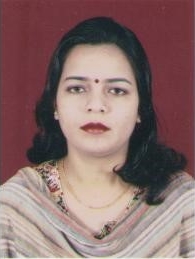
- DR. BHUMIKA GUPTA
- Associate Professor
- Appointment Type: Regular
- Date of Joining: 03-10-2011
- Ph.D.
- Area of Interest: Machine learning, Artificial Intelligence, Fuzzy Logic
- 8126019360
- mail2bhumikagupta@gmail.com
- View Full Profile
Professor
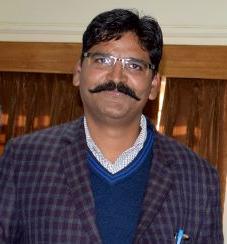
- DR. HARVENDRA SINGH BHADAURIA
- Professor (On Deputation)
- Appointment Type: Regular
- Date of Joining: 04-08-2005
- Ph.D(IIT-Roorkee)
- Area of Interest: Image Processing, Biomedical Signal and Image Processing, AdHoc and Sensor Network
- 9412500910
- hsb76iitr@gmail.com
- View Full Profile
Associate Professor
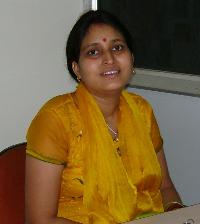
- DR. ANNAPURNA SINGH
- Associate Professor
- Appointment Type: Regular
- Date of Joining: 29-12-2009
- Ph.D.
- Area of Interest: Image Processing, Signal Processing, AdHoc and Sensor Network, Operating Systems
- 9412500910
- annapurnasingh78@gmail.com
- View Full Profile
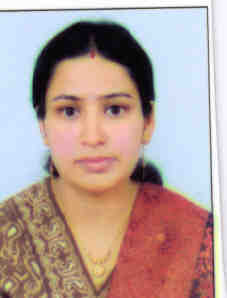
- DR. RASHMI SAINI
- Associate Professor
- Appointment Type: Regular
- Date of Joining: 26-07-2005
- M.E.(CSE), Ph.D(IIT-Roorkee)
- Area of Interest: Image Processing and Computer Networks
- 9412113642
- 2rashmisaini@gmail.com
- View Full Profile
Assistant Professor
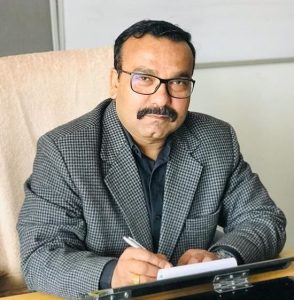
- DR. SHASHI KANT VERMA
- Assistant Professor
- Appointment Type: Regular
- Date of Joining: 11-07-2005
- Ph.D.
- Area of Interest: Computer Architecture, Microprocessors, Signal Processing
- 9412972267
- skverma.gbpec@rediffmail.com
- View Full Profile
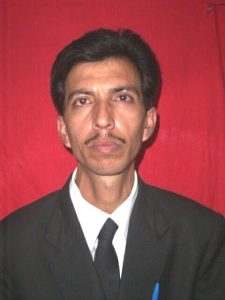
- MR. V.M THAKKAR
- Assistant Professor
- Appointment Type: Regular
- Date of Joining: 01-08-2005
- M. Tech.
- Area of Interest: Cryptography and network security, Distributed Systems, management Information Systems
- 9412113628
- vmthakkar1@rediffmail.com
- View Full Profile
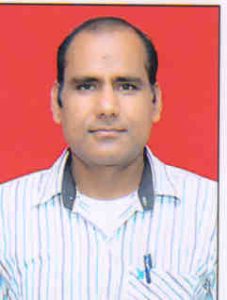
- MR. RAMESH KUMAR
- Assistant Professor
- Appointment Type: Regular
- Date of Joining: 15-07-2005
- M.E., Ph. D. (Pursuing)
- Area of Interest: Automata,Compiler,Data communication & Computer Networks
- 9719022323
- Rameshparalian1973@gmail.com
- View Full Profile
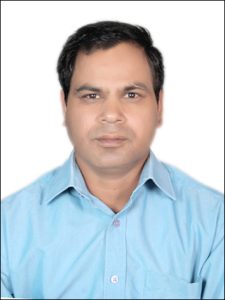
- DR. PAPENDRA KUMAR
- Assistant Professor
- Appointment Type: Regular
- Date of Joining: 18-06-2018
- Ph.D.
- Area of Interest: Digital Signal Processing, Computer network, Digital Image Processing
- 9412152558
- papendra1@yahoo.co.in
- View Full Profile
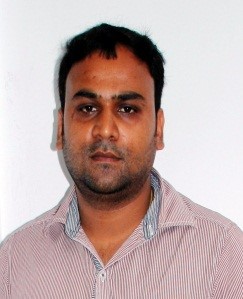
- MR. VIVEK KUMAR TAMTA
- Assistant Professor
- Appointment Type: Regular
- Date of Joining: 18-06-2018
- M.Tech.
- Area of Interest: Automata Theory, Compiler,Software Engineering, Principle of Programming language
- 9997806487
- vivek.tamta2010@gmail.com
- View Full Profile

- MR. ABHISHEK GUPTA
- Assistant Professor (On Study Leave)
- Appointment Type: Regular
- Date of Joining: 20/04/2019
- M.Tech., Ph.D (Pursuing)
- Area of Interest: Distributed Systems & Algorithms, Cloud Computing, Advanced Data Structures
- 8650941101
- abhicsegbpec@gmail.com
- View Full Profile

- MR. BANIT NEGI
- Assistant Professor
- Appointment Type: Regular
- Date of Joining: 20/04/2019
- M.Tech, Ph.D (Pursuing)
- Area of Interest: Machine Learning, Deep learning, Wireless sensor networks, Mobile computing, Networks and Algorithms.
- 9568425928
- negibanit@gmail.com
- View Full Profile
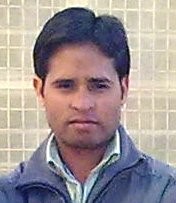
- DR. JOGENDRA KUMAR
- Assistant Professor
- Appointment Type: Regular
- Date of Joining: 20/04/2019
- Ph.D.
- Area of Interest: Digital Image Processing, Automata Theory, Compiler Construction, Computer Network, Ad hoc network, Graph Theory
- 9719971661
- jogendra.1986@gmail.com
- View Full Profile
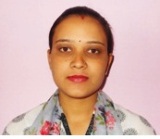
- MRS. RUCHI TAILWAL
- Assistant Professor
- Appointment Type: Regular
- Date of Joining: 20/04/2019
- M.Tech.
- Area of Interest: Computer Network, Wireless network, Mobile Computing, Cloud Computing, Data Mining Compiler, Software Engineering
- 9557729195
- ruchitailwal@gmail.com
- View Full Profile
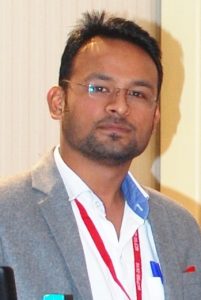
- DR. JITENDRA SINGH RAUTHAN
- Assistant Professor
- Appointment Type: Regular
- Date of Joining: 22/04/2019
- M.Tech, Ph.D.
- Area of Interest: Programming and Concepts, Data Structure, Homomorphic Encryption, Blockchain
- 9997886333
- jsrauthan1@gmail.com
- View Full Profile
- View Vidwan Profile

- DR. SURABHI LINGWAL
- Assistant Professor
- Appointment Type: Regular
- Date of Joining: 22/04/2019
- M.Tech., Ph.D.
- Area of Interest: Machine Learning & Deep Learning, Computer Vision, Artificial Intelligence, Information Retrieval
- 7976352796
- surabhi.lingwal@gmail.com
- View Full Profile
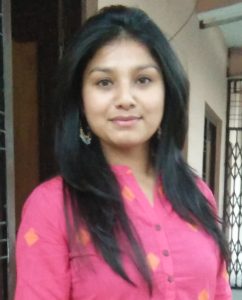
- MRS.MEENAKSHI KATHAYAT
- Assistant Professor (On Study Leave)
- Appointment Type: Regular
- Date of Joining:27/04/2019
- M.Tech, Ph.D (Pursuing)
- Area of Interest: Programming Languages: C, C++, Java
- 9690804672
- meenakshik.kathayat4@gmail.com
- View Full Profile
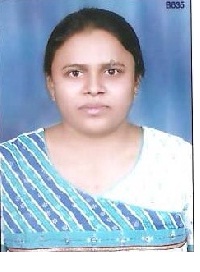
- DR. GARIMA SINGH
- Assistant Professor
- Appointment Type: Regular
- Date of Joining: 29/04/2019
- M.Tech., Ph. D.
- Area of Interest: Database Systems, Big Data Analytics, Cloud Computing, Distributed Databases, Wireless Sensor Network
- 9455684360
- singhgarima4688@gmail.com
- View Full Profile
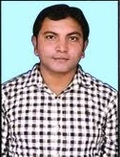
- MR. ASHWINI KUMAR SAINI
- Assistant Professor
- Appointment Type: Regular
- Date of Joining: 02/12/2019
- M.Tech.
- Area of Interest: Networks
- 8755070330
- ashu82004@gmail.com
- View Full Profile

- Ms. Prachi Rawat
- Assistant Professor
- Appointment Type: Contractual
- M.Tech.
- Area of Interest: Machine Learning, Edge AI
- 8433090521
- prachi.rawat03@gmail.com
- View Full Profile

- Mr. Krishna Kaniyal
- Assistant Professor
- Appointment Type: Contractual
- M.Tech.
- Area of Interest: Artificial Intelligence, Machine Learning, Data Science.
- 7900623785
- kaniyal1234@gmail.com
- View Full Profile
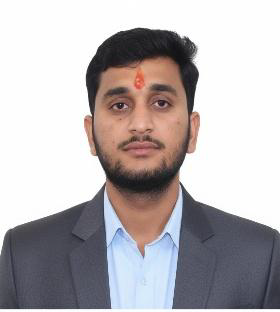
- Mr. Gagan Bhatt
- Assistant Professor
- Appointment Type: Contractual
- M.Tech.
- Area of Interest:Artificial Intelligence, Machine Learning, Cybersecurity, Quantum Computing,
- 7060603619
- gaganbhatt2@gmail.com
- View Full Profile

- Mr. Jayant Pal
- Assistant Professor
- Appointment Type: Contractual
- M.Tech.
- Area of Interest:Artificial Intelligence & Sustainable Development, Data Science & Machine Learning, Computer Networks & Cybersecurity, Blockchain & Cloud Computing
- 7017797355
- jppal7500@gmail.com
- View Full Profile
Laboratory Facilities
LINUX Lab
Details Of Equipment / Computer System: HP EliteDesk Processor: Intel (R) Core (TM) i7-4790 CPU @ 3.60 GHz, RAM :- 8.0 GB, Hard Disk : – 1TB, Network Card : – 10/10/1000 Mbps
Operating System: Ubuntu 22.04 LTS (64 bit)
Software Installed:Visual Studio Code, JDK 19, Python 3.10, GCC 12.2
No. of System: 21 Nos
Details Of Equipment / Computer System: HP Workstation Processor: Intel-R Xenon (R) CPU E5-1607 0
@ 3.00 GHz, RAM :– 8.0 GB, Hard Disk : – 500 GB, Network Card : – 10/10/1000 Mbps
Operating System: Ubuntu 22.04 LTS (64 bit)
Software Installed: Visual Studio Code, JDK 19, Python 3.10, GCC 12.2
No. of System: 03 Nos
Network Switch: TP Link Gigabit, 02 Nos 24 Ports Each
Online UPS: 20KVA, 01 Nos
Computer Networks Lab
Details Of Equipment / Computer System: HP EliteDesk Processor: Intel (R) Core (TM) i7-4790 CPU @ 3.60 GHz, RAM :– 8.0 GB, Hard Disk : – 1TB, Network Card : – 10/10/1000 Mbps
Operating System: Widows 10 Professional (64 bit)
Software Installed: Visual Studio Code, JDK 19, Python 3.10, GCC 12.2, Cisco Packet Tracer
No. of System: 08 Nos
Details Of Equipment / Computer System: HP Workstation Processor: Intel-R Xenon (R) CPU E5-1607 0 @ 3.00 GHz, RAM :– 8.0 GB, Hard Disk : – 500 GB, Network Card : – 10/10/1000 Mbps
Operating System: Windows 10 Professional (64 bit)
Software Installed: Visual Studio Code, JDK 19, Python 3.10, GCC 12.2, Cisco Packet Tracer
No. of System: 13 Nos
Network Switch: NetGear 10/100, 02 Nos 24 Ports Each
UPS: 10 KVA, 01 Nos
Computer Graphics Lab
Details Of Equipment / Computer System: HP EliteDesk Processor: Intel (R) Core (TM) i7-4790 CPU @ 3.60 GHz, RAM :- 8.0 GB, Hard Disk : – 1TB, Network Card : – 10/10/1000 Mbps
Operating System: Windows 10 Professional (64 bit)
Software Installed: Visual Studio Code, JDK 19, Python 3.10, GCC 12.2, Cisco Packet Tracer
No. of System: 15 Nos
Details Of Equipment / Computer System: HCL Desktop, Processor: Intel (R) Core(TM) i3 CPU 550 @ 3.20GHz, RAM :- 4.0 GB, Hard Disk : – 320 GB, Network Card : – 10/10/1000 Mbps
Operating System: Windows 10 Professional (64 bit)
Software Installed: Visual Studio Code, JDK 19, Python 3.10, GCC 12.2, Cisco Packet Tracer
No. of System: 10 Nos
Network Switch: NetGear 10/100, 02 Nos, 24 Ports Each
Online UPS: 20KVA, 01 Nos
Hardware Lab
Details Of Equipment / Computer System: HP EliteDesk Processor: Intel (R) Core (TM) i7-4790 CPU @ 3.60 GHz, RAM :– 8.0 GB, Hard Disk : – 1TB, Network Card : – 10/10/1000 Mbps
Operating System: Widows 10 Professional (64 bit)
Software Installed: Visual Studio Code, JDK 19, Python 3.10, GCC 12.2, MySQL, Prolog
No. of System: 48 Nos
Network Switch: D Link 10/100, 03 Nos 24 Ports Each
UPS: 10 KVA, 03 Nos
Computer Centre
Details Of Equipment / Computer System: HP Processor:- Intel (R) Core(TM) i7-8700 CPU @ 3.20 GHz, RAM :– 8.0 GB, Hard Disk : – 1TB, Network Card : – 10/10/1000 Mbps, One LCD touch Screen Display, One Smart Board
Operating System: Windows 10 Professional (64 bit)
Software Installed: Turbo C/C++, DevCpp5.11, Jdk-8, MS Office 10, Python 3.10, MySQL, Cisco Packet Tracer
No. of System: 91 Nos
Network Switch: Cisco 10/100/1000, 03 Nos 48 Ports Each
UPS: 20 KVA, 03 Nos
Server Room
Name and Model of Server: HP ProLiant Server DL 380 Gen10.
No. of Blade Server: 05
Specification:
• One 42” Networking Rack
• 1800 GB HDD per Blade
• One 17” Display Console
• Five Windows
• Server Std Core 2016 SNGL AS Licensed
Firewall : Cyber-Roam Future Ready CR 300Ing
No. of Firewall: 2
Online UPS:
• One 20 KVA
• One 5 KVA
Seminar Room
• One digital podium (Volume controller inside podium)
• Three MIC
• Wireless keyboard
• One in-build CPU box
• Wireless mouse, Two stylus,
• 65” touch screen display with 2 speakers
• Globus video conference camera
• Speaker phone portable.
Placements
Academic Activities
Events Organized
Workshop on Introduction to Programming organized by CSE department on 4 December 2022 in association with IEEE GBPIET Student Branch under IEEE UP Section.
Coding competition DECODE organized by CSE Department on 17 September 2022 in association with IEEE GBPIET Student Branch under IEEE UP Section.
Webinar on Disaster Management: Reflections on Science, Policy and Society organized by Mumbai Campus, Centre for Disasters and Development, Jamsetji Tata School of Disaster Studies for Campus on 24th September 2022 in association with IEEE GBPIET Student Branch under IEEE UP Section.
Webinar on Preparing the Next Generation of Cloud Engineers organized by Coursera for Campus on 07th September 2022 in association with IEEE GBPIET Student Branch under IEEE UP Section.
Techfest Eureka organized by Vinci Innovative Society of GBPIET, Pauri Garhwal in association with IEEE GBPIET Student Branch under IEEE UP Section on 29 and 30 May, 2022
Institute Innovation Cell of GBPIET Pauri has organized an Internal Hackathon on 23rd December 2019 at Seminar Hall, CSED
Online seminar on The Future of Programming MEAN Stacks at GBPIET, Pauri in association with CORPIANS, Noida on 31st May 2020
Four Weeks Online Microsoft Certification Program on Machine Learning with Python at GBPIET, Pauri Garhwal in association with Smart Brains Pvt. Ltd. Noida from 6th August 2020 to 2nd September 2020
Virtual workshop on Internet of Things at GBPIET, Pauri Garhwal in association with Ensino R&D Pvt. Ltd. from 26th to 27th September 2020
IEEE Student Branch and ISTE Chapter Webinar on Demystifying Professional Communication and Business Ethics at GBPIET, Pauri Garhwal in association with SmartBrains Engineers & Technologist Pvt. Ltd. on 10 October 2020
Industrial Training on Current Industry Scenario from July 29 to August 9, 2020.
IEEE Student Branch and ISTE Chapter Hands-on Workshop on MATLAB and Data Science using Python organized from 21-099-2020 to 25-09-2020.
TEQIP-III Sponsored International Conference on Smart Machine Intelligence and Real Time Computing at GBPIET, Pauri Garhwal India from 26-06-2020 to 27-06-2020.
International Faculty Development Programme on Blockchain and Its Applications at GBPIET, Pauri Garhwal India from 20-07-2020 to 24-07-2020
International Faculty Development Programme on Deep Learning & Computational Intelligence in Internet Era at GBPIET, Pauri Garhwal India from 27-07-2020 to 31-07-2020
AICTE Sponsored ATAL FDP on Artificial Intelligence & Machine Learning Using Python at GBPIET, Pauri Garhwal (Hybrid Mode), India from 31-08-2020 to 04-09-2020.
International Faculty Development Programme on Bioinformatics, Big Data and Drug Discovery-Prospects & Challenges at GBPIET, Pauri Garhwal India from 14-09-2020 to 24-09-2020
Patents
“An efficient adoptive beamformer for cellular communication”, Banit Negi , Reg.No. 202141016330 [The Patent Office, Government of India], 2021, Patent Published.
” A system of selection query processing of optimization over encrypted database using previous outcomes knowledge base”, Dr. J. S. Rauthan, Dr. K. S. Vaisla, Dr. H S Bhadauria, Reg.No. 202111005672A [The Patent Office, Government of India], 2021, Patent Published.
” A System and Method for Detection Neuromuscular Disorders Using EMG Signals”, Dr. Bhumika Gupta, Reg.No. .2021100279 [IP Australia (Australian Govt.)], 2021, Patent Granted.
“Currency Sanitizing Machine and Method of Sanitize Thereof”, Dr. Shashi Kant Verma , Reg.No. 202011057523A [The Patent Office, Government of India], 2021, Patent Granted.
” A method for preparation of binder for interlocking paver blocks by utilization of polyethylene terephthalate and composition thereof”, Dr. H S Bhadauria, Dr. Annapurna Singh , Reg.No. .202011032208 [Govt. of India], 2020, Patent Published.
“A System of Vision Based Deep Multi-Model using Evolutionary Algorithm for hearing impaired Persons”, Dr. H S Bhadauria, Dr. Annapurna Singh , Reg.No. 202011032210 [The Patent Office, Government of India], 2020, Patent Published.
“Glider assisted system for precise and efficient deployment of sensor nodes in wireless sensor networks”, Dr. H S Bhadauria , Reg.No. .201811042951 [Govt. of India], 2018, Patent Published.
” A Centrifugal Cannon based Sprinkler (CCS) system mounted on a deployment helicopter and methods thereof.”, Dr. H S Bhadauria , Reg.No. .201811010041 [Govt. of India],2018, Patent Granted.
Research Projects
| # | Project Investigator | Title of the project | Funding Agency | Amount (Lacs) | Duration |
|---|---|---|---|---|---|
| 1 | Dr. H S Bhadauria | Hemorrhagic Volume Detection from Brain CT Images | TEQIP, MHRD | 2.50 | 2021-2022 |
| 2 | Dr. Annapurna Singh | Segmentation and Classification of Dental X-ray Images | TEQIP, MHRD | 2.50 | 2020-2021 |
| 3 | Dr. H S Bhadauria | Intrusion Detection System for Self-Configurable Networks | TEQIP, MHRD | 2.50 | 2019-2020 |
Research/Publications
2023
Rashmi Saini, “Integrating Vegetation indices and spectral features for vegetation mapping from multispectral satellite imagery using Ada Boost and Random Forest machine learning classifiers”, Geomatics and Environmental Engineering, Vol. 17 No. 1 (2023).
2022
Sanjeevakumar M. Hatture, Madhu R. Koravanavar, Rashmi Saini , “Lung disease identification based on Chest X-ray and lung sounds using machine learning and Deep learning techniques” , International Journal of Open Information Technologies ISSN: 2307-8162 vol. 10, no. 7, 2022.
J. S. Rauthan, “Fully homomorphism encryption: A case study“, Journal of Intelligent & Fuzzy Systems, vol. 43, no. 6, pp. 8417-8437, 2022.
Sanjeevakumar M. Hatture, Madhu R. Koravanavar, Rashmi Saini , “Lung disease identification based on Chest X-ray and lung sounds using machine learning and Deep learning techniques” , International Journal of Open Information Technologies ISSN: 2307-8162 vol. 10, no. 7, 2022.


